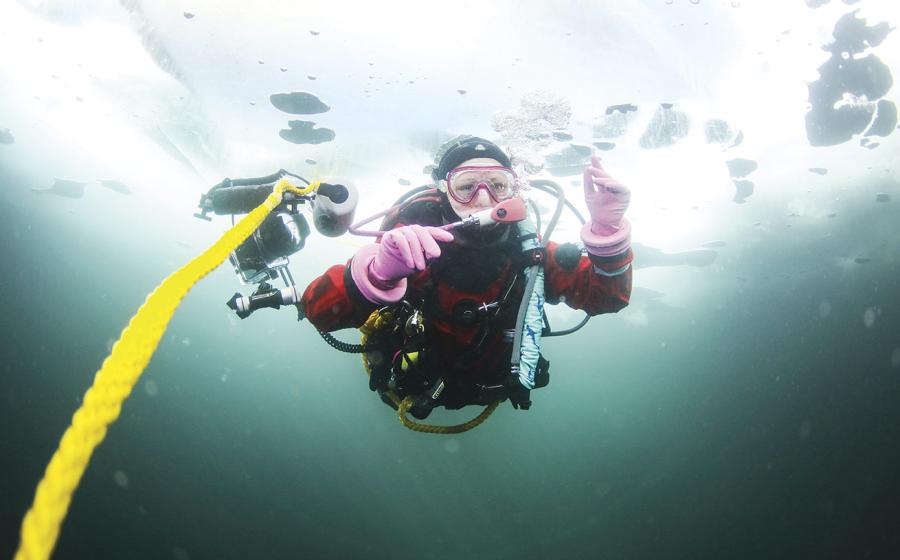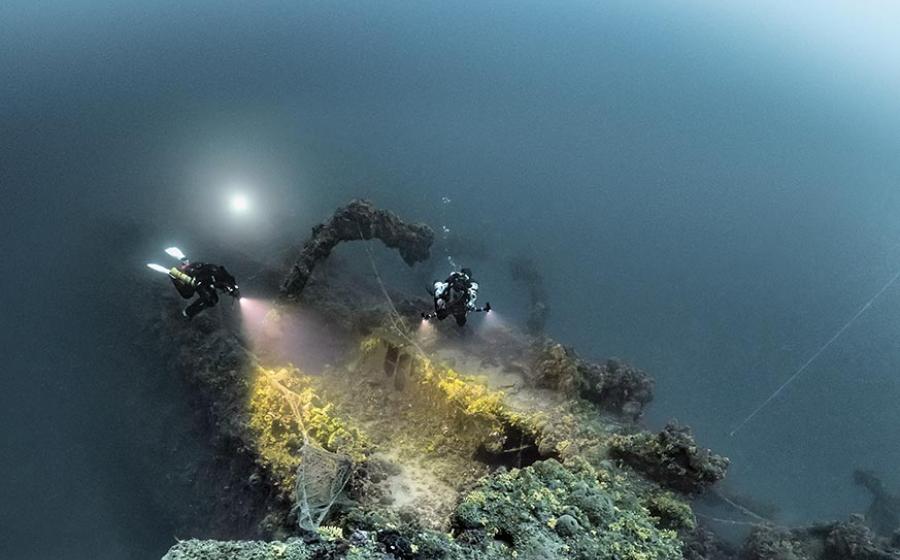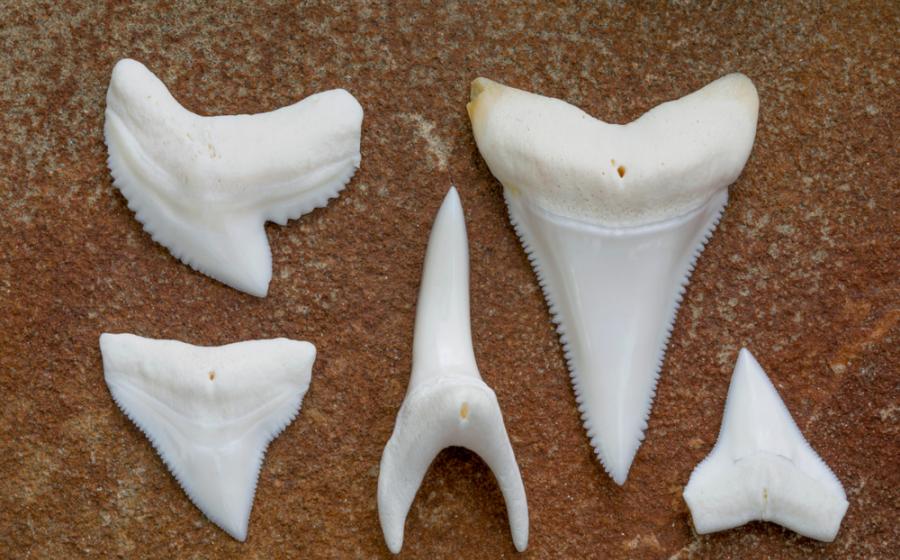FWC and Scuba Industry Explore State of Goliath Grouper in Florida

Goliath Grouper
Due to overexploitation, harvest of the goliath grouper is currently closed in both state and federal waters off Florida, as well as throughout the Gulf of Mexico and South Atlantic.
Shutterstock
In less than a year, the moratorium on Florida's goliath grouper population may be lifted.
Due to overexploitation, goliath grouper harvest is closed in both state and federal waters off Florida, as well as throughout the Gulf of Mexico and South Atlantic. However, it appears over time the population has somewhat recovered, but without accurate stock status, the Florida Fish and Wildlife Conservation Committee is discussing how to proceed with management of the species.
On Sept. 11, the FWC met to assess the issue, and many local stakeholders came out to speak.
Brett Fitzgerald of DEMA cited an article from the Tallahassee Democrat that stated enough goliath grouper have been seen by divers and fishermen to safely lift the moratorium. This, he said, is not true.
DEMA hopes to work closely with those involved in researching the issue in order to preserve the goliath grouper’s value.
“The dive ecotourism value of the goliath grouper is off the charts,” Fitzgerald said.
Goliaths are especially vulnerable to overexploitation because of their biological makeup: their lifespans are long, they mature late, and they have slow growth. The species is also dependent on mangrove habitats — which are on the decline — and are susceptible to mass mortality events from red tide and cold kills.
These sedentary creatures can be found not only in nearby Florida waters, but the Atlantic Ocean, Caribbean Sea and off the coast of Brazil as well. Because of the goliath’s important role in Florida reef ecosystems, the FWC has been conducting research and monitoring projects to fill in knowledge gaps about the animal — namely, the current population.
As the population rebuilds, divers are encountering goliaths more and more, and it seems most would desperately like to keep it that way.
When asked if they viewed goliath grouper encounters as desirable, neutral or undesirable, 87 percent of sightseeing, non-fishing divers viewed them as desirable.
Similarly, about 80 percent of dive charters disagreed that goliath grouper should be open to harvest via a lottery or tag.
However, the same survey showed that recreational and commercial fishermen viewed goliath grouper encounters as largely neutral or undesirable. This is likely due to the grouper's tendency to steal fish from a fisher's line, as well as the groupers wide-ranging diet.
Gerry Carol, owner of Jupiter Dive Center, has started a petition to continue the moratorium for goliath groupers — 2,500 signatures are needed to keep it in place.
“Why can’t it be non-consumptive? Leave it alone,” he said at the FWC Council meeting, citing that the goliath grouper is a big source of income and tourism in Florida as well as his dive shop.
The FWC decided to table the issue and reconvene in September 2015 when an accurate stock assessment has been acquired.

ShutterstockDue to overexploitation, harvest of the goliath grouper is currently closed in both state and federal waters off Florida, as well as throughout the Gulf of Mexico and South Atlantic.
In less than a year, the moratorium on Florida's goliath grouper population may be lifted.
Due to overexploitation, goliath grouper harvest is closed in both state and federal waters off Florida, as well as throughout the Gulf of Mexico and South Atlantic. However, it appears over time the population has somewhat recovered, but without accurate stock status, the Florida Fish and Wildlife Conservation Committee is discussing how to proceed with management of the species.
On Sept. 11, the FWC met to assess the issue, and many local stakeholders came out to speak.
Brett Fitzgerald of DEMA cited an article from the Tallahassee Democrat that stated enough goliath grouper have been seen by divers and fishermen to safely lift the moratorium. This, he said, is not true.
DEMA hopes to work closely with those involved in researching the issue in order to preserve the goliath grouper’s value.
“The dive ecotourism value of the goliath grouper is off the charts,” Fitzgerald said.
Goliaths are especially vulnerable to overexploitation because of their biological makeup: their lifespans are long, they mature late, and they have slow growth. The species is also dependent on mangrove habitats — which are on the decline — and are susceptible to mass mortality events from red tide and cold kills.
These sedentary creatures can be found not only in nearby Florida waters, but the Atlantic Ocean, Caribbean Sea and off the coast of Brazil as well. Because of the goliath’s important role in Florida reef ecosystems, the FWC has been conducting research and monitoring projects to fill in knowledge gaps about the animal — namely, the current population.
As the population rebuilds, divers are encountering goliaths more and more, and it seems most would desperately like to keep it that way.
When asked if they viewed goliath grouper encounters as desirable, neutral or undesirable, 87 percent of sightseeing, non-fishing divers viewed them as desirable.
Similarly, about 80 percent of dive charters disagreed that goliath grouper should be open to harvest via a lottery or tag.
However, the same survey showed that recreational and commercial fishermen viewed goliath grouper encounters as largely neutral or undesirable. This is likely due to the grouper's tendency to steal fish from a fisher's line, as well as the groupers wide-ranging diet.
Gerry Carol, owner of Jupiter Dive Center, has started a petition to continue the moratorium for goliath groupers — 2,500 signatures are needed to keep it in place.
“Why can’t it be non-consumptive? Leave it alone,” he said at the FWC Council meeting, citing that the goliath grouper is a big source of income and tourism in Florida as well as his dive shop.
The FWC decided to table the issue and reconvene in September 2015 when an accurate stock assessment has been acquired.









